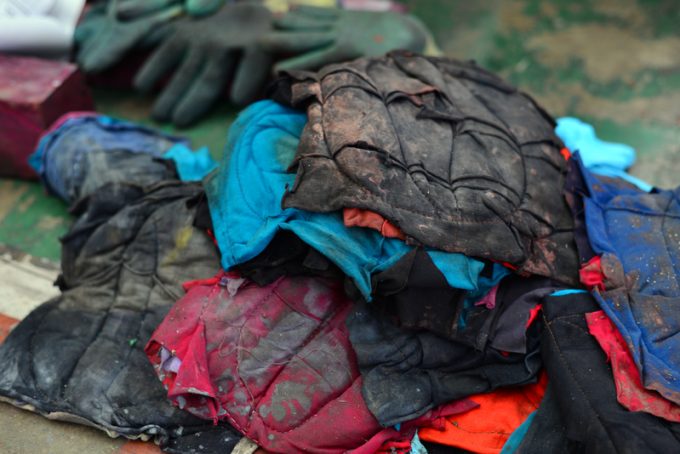DP World completes Cargo Services acquisition
DP World has completed its acquisition of Hong Kong-headquartered freight forwarder Cargo Services Far East ...
GM: RAISING THE ROOF GGM: IN FULL THROTTLE GZIM: MAERSK BOOST KNIN: READ-ACROSSMAERSK: NOT ENOUGHMAERSK: GUIDANCE UPGRADEZIM: ROLLERCOASTERCAT: HEAVY DUTYMAERSK: CATCHING UP PG: DESTOCKING PATTERNSPG: HEALTH CHECKWTC: THE FALLGXO: DEFENSIVE FWRD: RALLYING ON TAKEOVER TALKODFL: STEADY YIELDVW: NEW MODEL NEEDEDWTC: TAKING PROFIT
GM: RAISING THE ROOF GGM: IN FULL THROTTLE GZIM: MAERSK BOOST KNIN: READ-ACROSSMAERSK: NOT ENOUGHMAERSK: GUIDANCE UPGRADEZIM: ROLLERCOASTERCAT: HEAVY DUTYMAERSK: CATCHING UP PG: DESTOCKING PATTERNSPG: HEALTH CHECKWTC: THE FALLGXO: DEFENSIVE FWRD: RALLYING ON TAKEOVER TALKODFL: STEADY YIELDVW: NEW MODEL NEEDEDWTC: TAKING PROFIT

There are always two sides to every story, and while there’s no doubt that the transport and logistics industry is one of the major contributors to global greenhouse gas emissions, one its major customers may be as bad, if not worse. This is not just about the apparel and footwear supply chain – although the transport demands of fast fashion can be particularly wasteful – but the whole production process; marketing and sales cycles and the absence of a genuine industry-wide recycling process (second-hand charity shops lining the UK’s high streets notwithstanding). And it’s going to get worse: “Clothing production has doubled in the past 15 years, and will triple by 2050 should growth continue as expected. Less than one percent of material used to make clothing is recycled into new clothing. A truckload of clothing is wasted every second across the world.”
Comment on this article